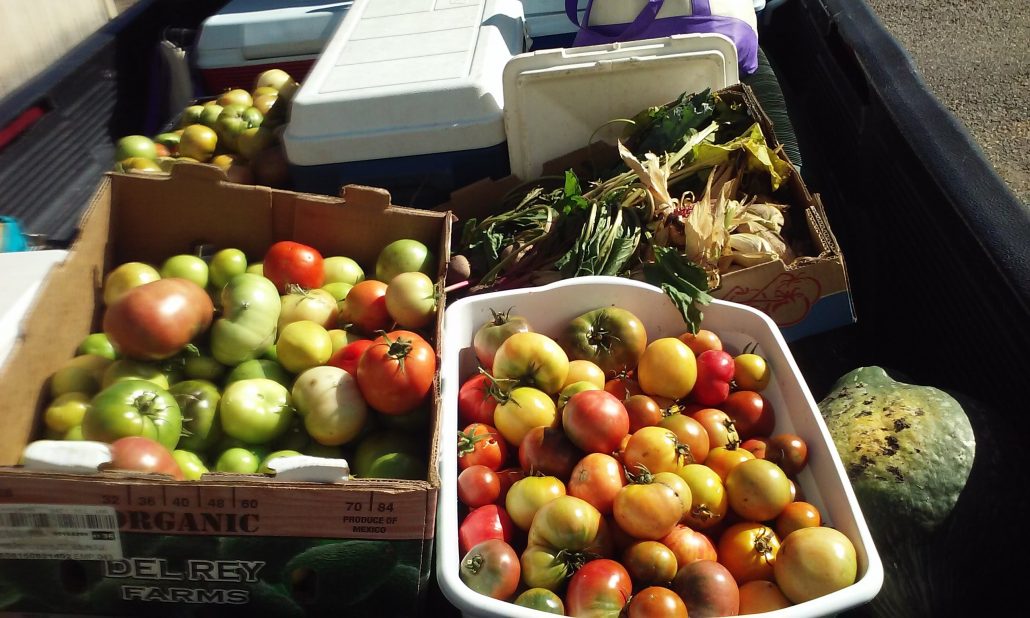The Hidden Journey of Our Food
Introduction: Unpacking Food Miles
Ever wonder how far your dinner traveled to get to your plate? The concept of food miles measures the distance food travels from its origin to you. But the real picture is even bigger. It includes the entire food supply chain, from the fertilizers used to the machinery that processes your food. This global journey is more than just a convenience; it’s a massive contributor to climate change. The food transport system alone accounts for almost a fifth of all food-related emissions, a staggering 3 billion tonnes of CO2 equivalent annually.
The Alarming Truth: A System Out of Balance
It’s easy to enjoy a fresh strawberry in December, but this convenience comes with a heavy price. Studies show that in the U.S., processed food travels over 1,300 miles, and fresh produce travels more than 1,500 miles before it’s eaten.
Take Action: Reclaiming Our Plates and Our Planet
We have the power to change this. While the global system is complex, our individual choices can make a huge difference.
- Rethink Your Plate: The simple act of choosing locally grown food can transform a 1,500-mile journey into a trip of just a few steps. Seek out farmers’ markets or join a community-supported agriculture program.
- Grow Your Own: One of the most impactful things you can do is to grow your own fruits and vegetables. By nurturing your own food, you build a deeper connection and appreciation for what you eat while reaping the benefits of extra nutrients and superior quality. Even if sometimes the veggies aren’t as pretty.
- Demand Change: Support businesses and policies that prioritize local and sustainable food systems. Your voice and your dollar can help shift the market toward a more responsible future.


Lawns to Organic Gardens
While household lawns create a pleasant atmosphere and have become the standard practice, it is essential to note the amount of water, pesticides, electricity, and physical exertion that is required to maintain them. By turning sections, or all, of a homeowner’s lawn into usable garden tracts, we redirect the energy spent on upkeep into creating a valuable food source, an even more aesthetically pleasing yard, resource efficiency in our cities, and an opportunity to give nutrients and vital ecosystems back to the earth.
Jovial Organic Gardens can be seen as a classroom to foster direct connections to our food. In any healthy garden, one can observe countless different species working together to create a balanced system. We can learn the best methods to nurture these beneficial relationships, pass this knowledge to others, and show the clear lesson that the healthiest gardens are the most balanced.
Take Action: Reclaiming Our Plates and Our Planet
We have the power to change this. While the global system is complex, our individual choices can make a huge difference.
- Rethink Your Plate: The simple act of choosing locally grown food can transform a 1,500-mile journey into a trip of just a few steps. Seek out farmers’ markets or join a community-supported agriculture program.
- Grow Your Own: One of the most impactful things you can do is to grow your own fruits and vegetables. By nurturing your own food, you build a deeper connection and appreciation for what you eat while reaping the benefits of extra nutrients and superior quality. Even if sometimes the veggies aren’t as pretty.
- Demand Change: Support businesses and policies that prioritize local and sustainable food systems. Your voice and your dollar can help shift the market toward a more responsible future.

Jovial Garden Video Tips
Sponsor a Garden
Help Feed 250 Food Insecure Families In Colorado
Nearly 1 in 5 households with children reported food hardship and more than 25% of working families in Colorado do not have enough food to meet their basic needs (U.S. Census Bureau, 2012). By transforming 40 lawns into organic gardens, we will grow enough fresh produce to feed 250 Colorado families. Using gardens as a classroom, participants learn sustainability, environmental awareness, healthy food practices, and how to combat obesity and other health issues associated with food hardships.



